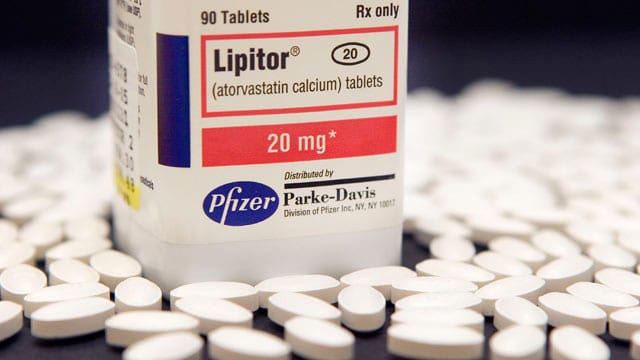Alan Cassels is a drug policy researcher who, in the August issue of Common Ground magazine, wrote about how pharmaceutical companies and drug marketers employ misdirection so consumers think a medicine does something it actually doesn’t do.
“But wait,” you say. “What about FDA regulations? Drug companies can’t claim their medications do something they haven’t been proven to do!”
Right you are. But sometimes consumers can be misled, thinking that what the drug has been proven to do benefits them in a way that it actually doesn’t.
As Cassels points out, Pfizer’s drug Lipitor was one of the biggest blockbusters in recent memory. Clinical trials showed that it effectively lowered LDL cholesterol, and that’s what it was indicated for when it went to market. But because of advertising campaigns encouraging consumers to “Know Your Numbers,” most people assumed that lowering LDL cholesterol always has a direct effect on lowering the risk of heart attacks and strokes. And that, my friends, just isn’t true.

Cassels writes: “The most amazing thing about Lipitor when it arrived to market was that there were no data showing any effect of the drug on reducing rates of heart attacks and strokes, unlike rivals” (we’ve bolded the super important part).
I certainly encourage you to read Cassels’ eye-opening article in full, but even more so, I encourage you to ask your doctors lots of questions. The next time you’re thinking about taking a medication, make sure you understand what exactly the drug is supposed to do and how that should affect your health. Don’t be deceived by marketing misdirection!
If you are sick of pharma companies making billions from the lack of knowledge of patients, share this article to encourage others to always ask questions about medication!






